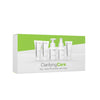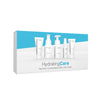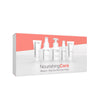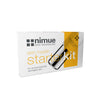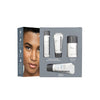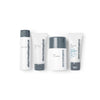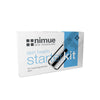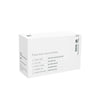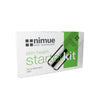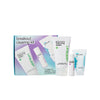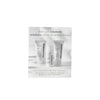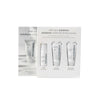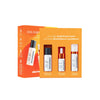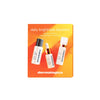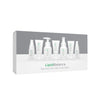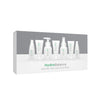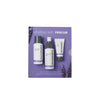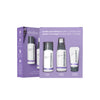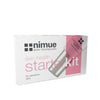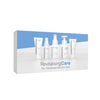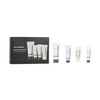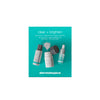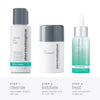
It is not always easy to know your skin type. We all have different skin concerns and added to that is the fact that your skin can change for many reasons. These could range from ageing to environmental changes, diet, hormones or even for seemingly no reason at all. You may have had normal skin in your 20s, only to find that your skin is close to dry in your 30s. How do you know your skin type, then? And, better still, why is it so important to know?
Identifying Your Skin Type
Knowing your skin type is important for a few reasons. The most obvious reason is that your skin has specific needs. Skincare products are made for various types of skin, with active ingredients that target each type for optimal skin health. Taking a guess can end up damaging your skin. Your skin will also not be getting the ingredient it needs. You may find that you suddenly start getting breakouts. You may find that your skin is sensitive all of a sudden, with dry spots that seem to get worse after yourskincare routine.
With that in mind, it is always good to know what type of skin you have so that you can give it all the care it needs. Here are a few ways to identify your type.
Normal
If your skin feels neither dry nor oily and you generally don’t have skin issues, you likely havenormal skin. Your skin won’t be sensitive and you won’t need products that target specific concerns. Make sure that you use products for normal skin to keep your skin healthy.
Combination
If you have mostly normal skin, with oily patches on your forehead, nose and chin, you likely havecombination skin. You may also have dry patches on your cheeks. Combination skin can be frustrating as it is never consistent. Using dry skin products will increase oil while using oily skin products will dry out your skin. Always use products made specifically for combination skin to help balance your skin.
Oily
If your skin always glows and you are constantly using blotters and mattifiers, your skin is likely oily. Makeup may not always stay on over the course of the day. Using products made specifically foroily skin will help balance your sebum levels without drying out the skin. They will also help to minimise breakouts if you are prone to those, too.
Dry
If your skin feels dry all the time and you often have flaking patches, rough patches, tightness, cracks, sensitivity or itchiness, you likely havedry skin. If these symptoms are severe, your skin may be dehydrated. The aim with dry skin is to hydrate and moisturise to add plumpness to the skin and even out fine lines that can often appear on dry skin. Look for nurturing products made especially for dry, dehydrated or damaged skin.
Browse the Retail Boxskincare product range to find everything you need for your skin type.






